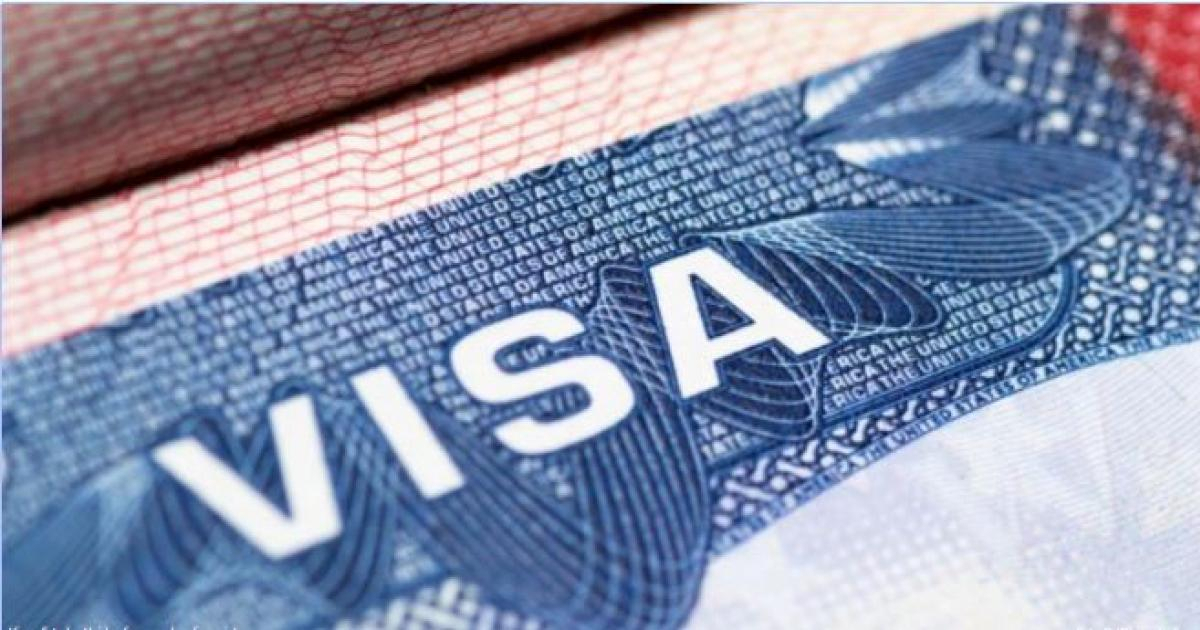Amid a surge of protests against the immigration raids conducted under Donald Trump's administration, a viral tweet has sparked controversy and prompted a high-level diplomatic response from Washington. Melissa Cornejo, a state advisor for Mexico's ruling Morena party in Jalisco, shared on X (formerly Twitter) an image of a protest featuring a man waving a Mexican flag in front of a burnt-out car with the phrase “F**k ICE” painted on it. Alongside the image, she mockingly wrote, “Long live the race and shove my visa up your ass,” apparently ridiculing the announcements about immigration penalties for those inciting violence.
The post quickly went viral, leading to immediate repercussions. U.S. Deputy Secretary of State Christopher Landau publicly replied from his official account with a strong message: “I can't shove your visa there, but I can inform you that I personally ordered its cancellation after seeing this vulgar post.” Landau, who served as the U.S. Ambassador to Mexico from August 12, 2019, to January 20, 2021, clarified that upon investigation, it was revealed that the author did not even possess a valid visa to cancel. “It’s easy to talk about your disdain for ‘my visa’ when you don’t have one,” he added. He concluded with a clear warning: “Those who glorify violence and defy legitimate authorities and public order are not welcome in our country.”
Though Cornejo deleted her original tweet, the high-ranking official's response remained documented and has been widely discussed on social media. Since last Friday, ICE has conducted massive raids in Los Angeles, igniting protests in at least ten U.S. cities, including New York, Chicago, Washington D.C., Philadelphia, and San Francisco. The demonstrations have been varied, ranging from peaceful gatherings in Foley Square to clashes with police, mass arrests, and the use of tear gas in places like San Antonio and Austin, Texas. In several cities, protesters carried signs in Spanish with phrases like “The people say ICE out!” or “ICE out of New York.”
In response, President Trump ordered the National Guard to be deployed in some areas, a move that has faced harsh criticism from activists and local officials. Despite public discontent, Homeland Security Secretary Kristi Noem reaffirmed the raid policy by stating, “ICE will continue enforcing the law.”
A Warning Echoing Across Latin America
Landau's message extends beyond an individual case. It serves as a direct reminder of the authority that U.S. immigration officials have to bar entry to anyone deemed a threat to public order or who incites violence, even in the digital realm. In a context where millions of Latin Americans, including Cubans, are seeking visas to enter the U.S., the warning becomes even more poignant. Social media, which many consider a space for venting or satire, can have real-world consequences if content crosses certain lines.
For Cuban migrants, who often face complex and prolonged immigration processes, incidents like this underline the importance of exercising caution in the digital environment, especially if they intend to travel to the United States.
Understanding U.S. Visa Policies and Social Media Impacts
What prompted the U.S. response to the viral tweet?
The U.S. response was triggered by a tweet from Melissa Cornejo that included an image of a protest and a mocking statement regarding U.S. visas, which was deemed as inciting violence.
How have the recent ICE raids affected public sentiment?
The ICE raids have led to widespread protests across multiple U.S. cities, with demonstrations ranging from peaceful to confrontational, indicating significant public discontent.
What measures has the U.S. government taken in response to the protests?
President Trump deployed the National Guard to certain areas to manage the protests, a decision that has been criticized by both activists and local officials.
Why is the U.S. warning significant for Latin American immigrants?
The warning highlights the power of U.S. immigration authorities to deny entry to individuals perceived as threats, underscoring the need for immigrants to be mindful of their actions, even online.
